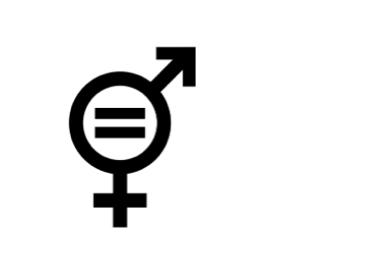On Jan. 4, 2018, Iceland initiated a law that will ensure woman and men are paid equally.
The law enforces that any employers who have 25 employees or more, must prove to the government they are paying according to hours and position rather than gender. Iceland plans on completely closing the government payment gap by the year 2022.
“Of course, it is a great idea,” Literature Of Gender, Sex, And Identity student Ben Roland ’19 said. “We’ve seen a lot of discrimination in the workplace, like big businesses firing and not hiring individuals because of their race, sexuality, or ethnic background…in Iceland, the fact that the government has to check for equal pay shows that they truly care a lot about equality and I think it’s awesome,” Roland said.
Additionally, this law is just one step closer to Iceland’s’ goal of total gender equality. For nine years, Iceland has placed first in the world’s World Economic Forum’s Global Gender Gap Report, which evaluates differences amongst men and women in terms of politics, economics and education
While Iceland is moving forward, the United States is staying put. As of 2018, equal pay amongst genders in America has yet to be enforced. For every dollar an American male makes, an American female makes 80 cents. When asked if he predicts America will make a change, Roland replied, “Hopefully our next president will see this is only a positive change to our economy and growth and will follow through,” he said.
However, Hillary O’Neill ’19 had a less positive view in terms of the future of America, “I believe as a nation there is still a tremendous amount of progress that needs to be made before any official legislation is enacted,” O’Neill said.
As Iceland moves toward closing the pay gap, many students believe it would be in America’s best interest to follow suit. “Closing payment is beneficial to America,” Nicole Caiti’ 20, a supporter of gender equality stated, “because it will create an atmosphere with general equilibrium.”













































